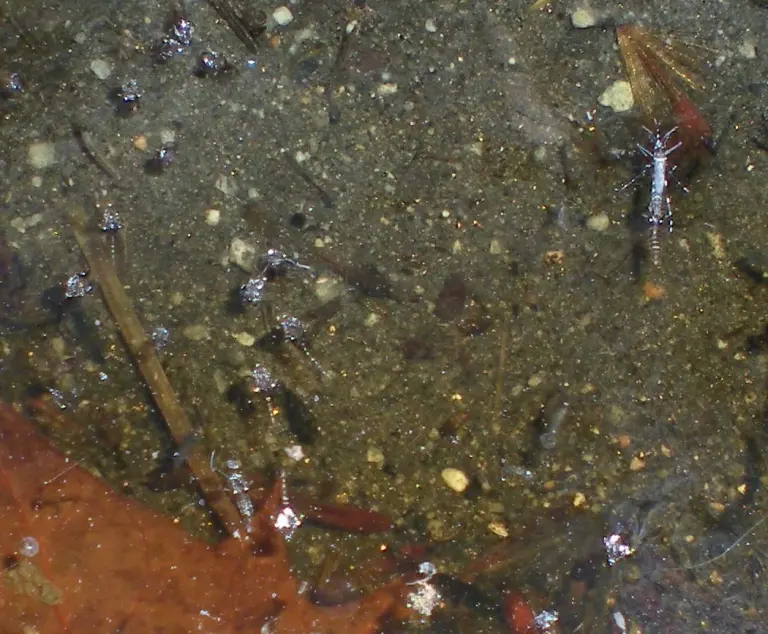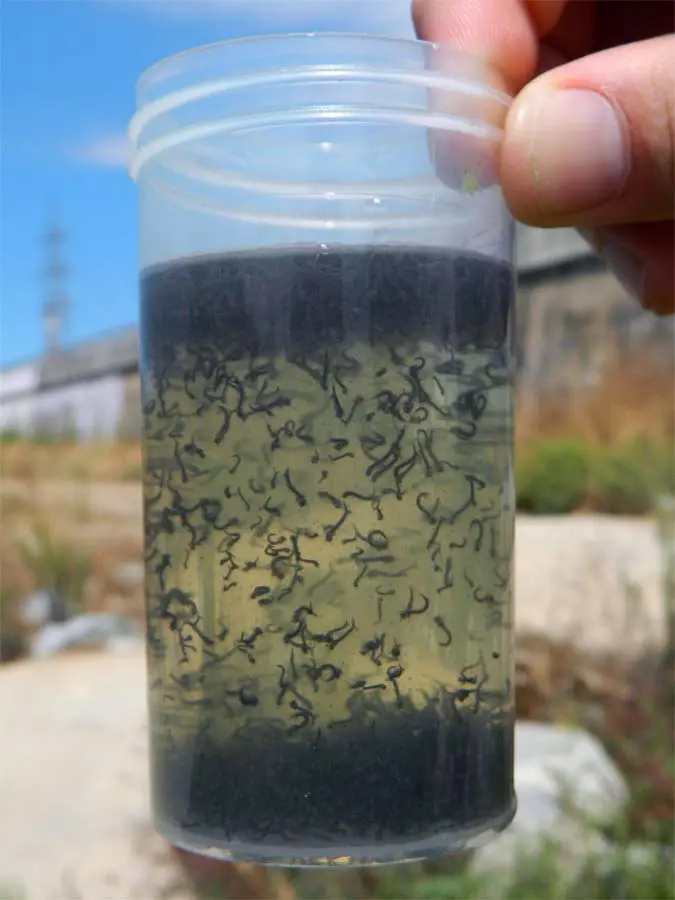There's a growing number of reports about mosquitoes in the Cartagena and surrounding areas due to high temperatures. As with all urban pests, mosquitoes thrive in the heat. It's a significant problem because 80% of breeding grounds are found on private property. Both the common mosquito and the tiger mosquito have proliferated and colonised the Murcian coasts, representing a public health issue.

Within our terraces and gardens, we must be especially careful with stagnant water, as the mosquito reproductive cycle occurs in both clean water and water contaminated with organic matter (sewage).
Mosquitoes don't travel far from where they breed, typically just a few dozen metres. So, when we get a call about mosquitoes, the source is often just outside the affected property. They don't live long as adults; it's rare for them to live beyond 15 days.
The female mosquito is responsible for biting, but she can lay her first batch of eggs without a blood meal (autogenous egg-laying), thanks to reserves she accumulates as a larva. This allows the species to develop in isolation if the water contains all the necessary nutrients.

As you can see, you don't need large quantities of water for a significant infestation to occur.
Their peak activity season is from April to November in the Cartagena area. When temperatures drop, the females seek refuge in dark, cool, and humid spaces (usually indoors).
Only the females bite, and they do so at night. However, the tiger mosquito (Aedes albopictus) is an exception, as it's active during the day.
If you have a mosquito infestation in your business, on your terrace, or in your garden, you should take eliminating this harmful pest seriously. The reason is that it transmits diseases, not just by biting people, but also birds and mammals. This makes the species a bridge for transmitting diseases between people and animals, such as the "West Nile Virus," an endemic disease in eastern Spain, for which mosquitoes are the vector.
At Control de Plagas Levante, we help you eliminate and combat this pest. Call us for a no-obligation quote.